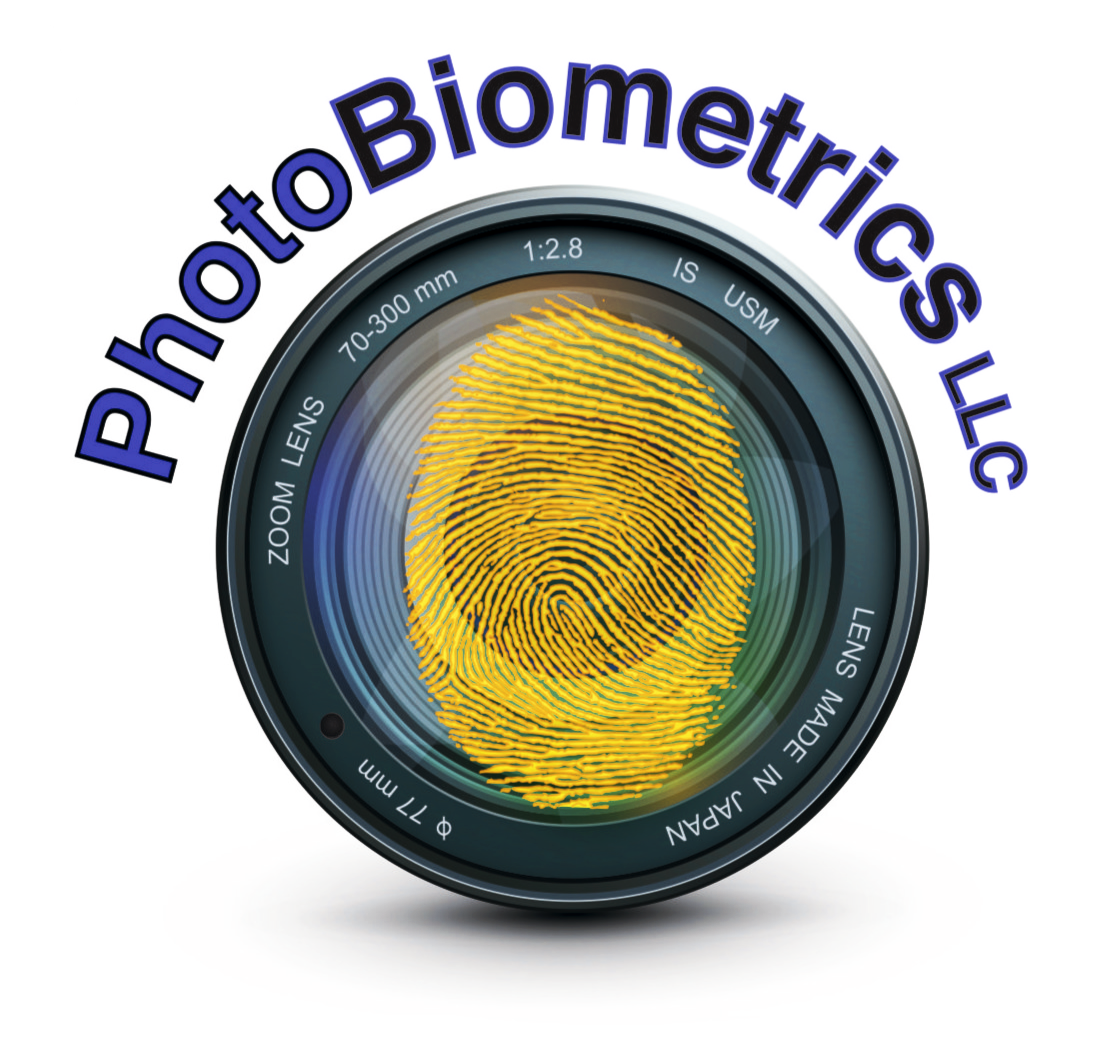Advanced Digital Crime Scene & Forensic Photography for Law Enforcement
The purpose of this course is to introduce the investigator to more advanced photographic techniques that can allow better evidence documentation, retrieval, and preservation with both film and digital cameras and techniques. The class will be approximately 50% interactive lecture and 50% practical, hands on exercises that will be discussed and evaluated in class. The attending officer will leave the class with an understanding of the following topics and applications:
Review of digital camera settings and functions, and image file formats
Digital forensic photography and file handling with regard to legal questions
Creating an acceptable SOP (Standard Operating Procedure)
Lighting overall crime scenes and objects: tungsten, electronic flash,
and alternate light sources
Photographing scenes and items treated with luminol, fluorescein, and PD chemistry
Selective filtration techniques for better images
Low light/night photography techniques
Close up and latent fingerprint photography
Software for image management and enhancement
Working with masks and layers
Size calibrating [1:1] Images
Pattern reduction or removal using FFT (Fast Fourier Transform) techniques
Selective color replacement for displaying less visible data
Image preparation for latent comparison
Image management for courtroom use
Testimony- practices and pitfalls
Use of digital scanners in the crime lab and on the scene
Preparation of photographic evidence for courtroom presentation
Instructional material will be provided, and lectures will include Power Point presentations. Students must provide their own cameras, preferably digital; a laptop computer with a working CD-ROM drive and running either Windows XP-SP3 or later, or Macintosh OSX 10.5 or later, with at least 10 GB of available hard drive space is required for full participationin the class exercises. Linux systems are acceptable, subject to instructor approval beforehand. Students should bring the photographic equipment and software with which they will be working, including tripod, flash, and digital SLR camera with lenses. Open source software will be provided for students to use in class exercises as needed.
Course pre-requisite: Basic Digital Photography for Law Enforcement, or individual instructor approval of a student’s digital photography knowledge and appropriate subject related experience.

